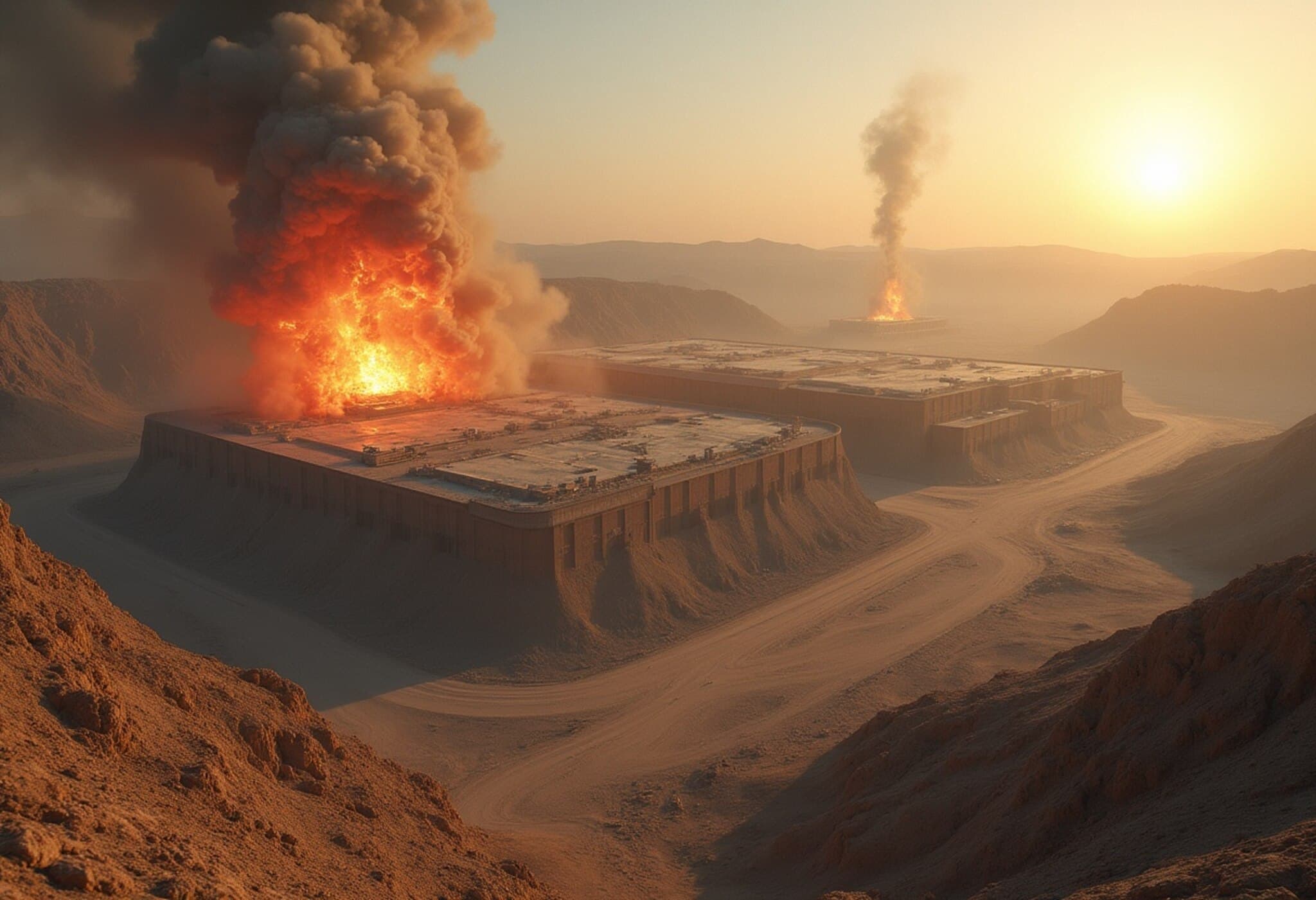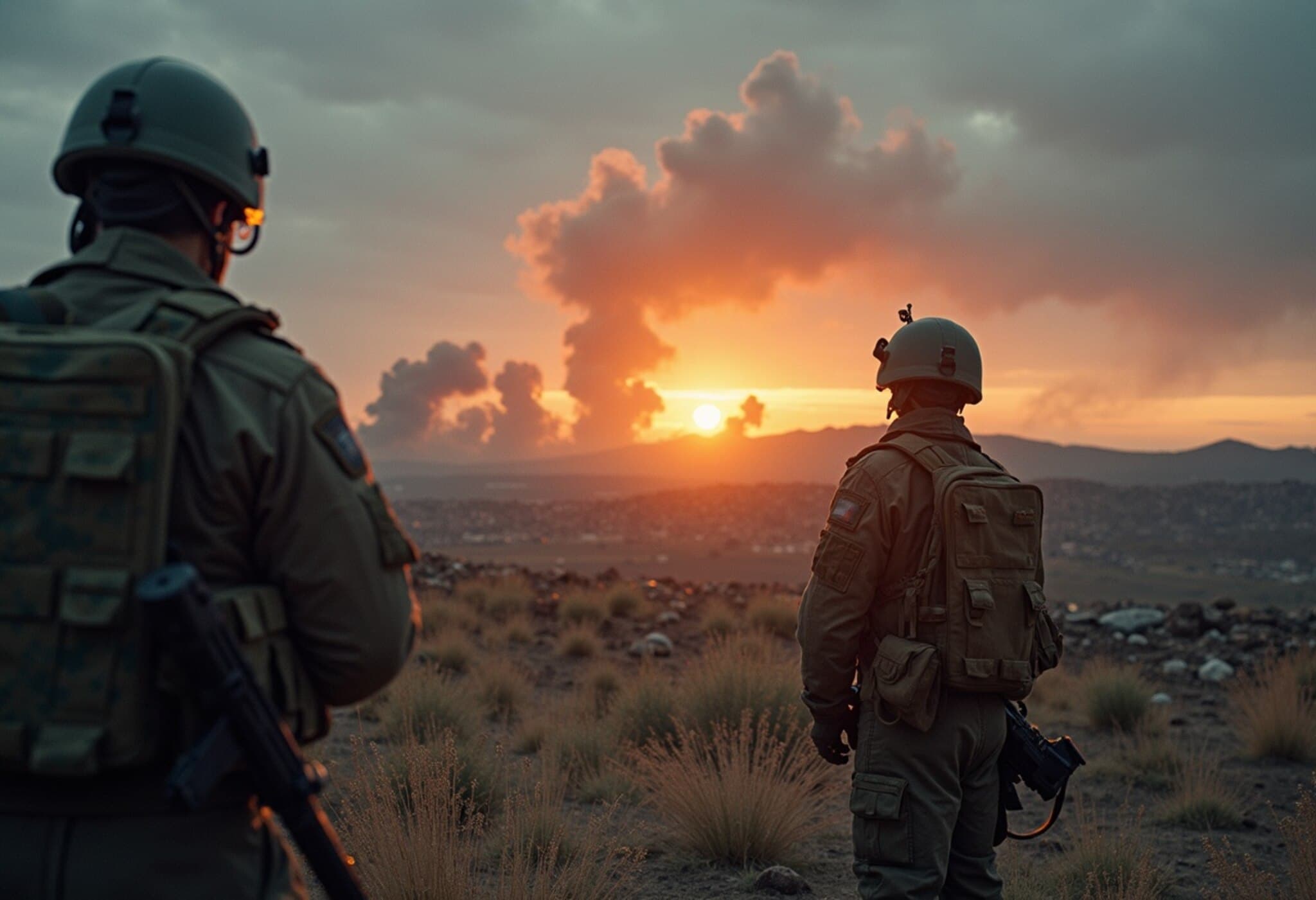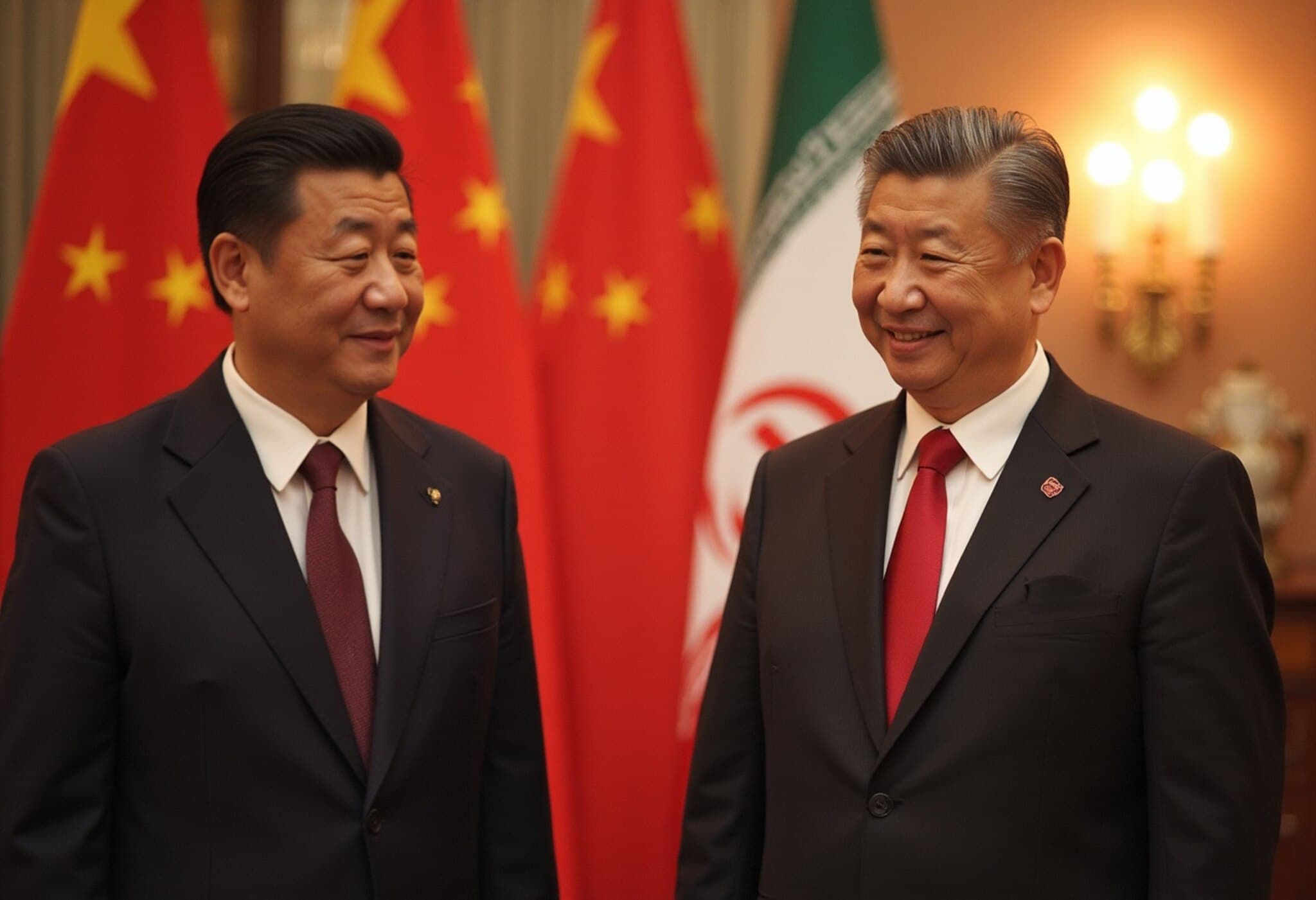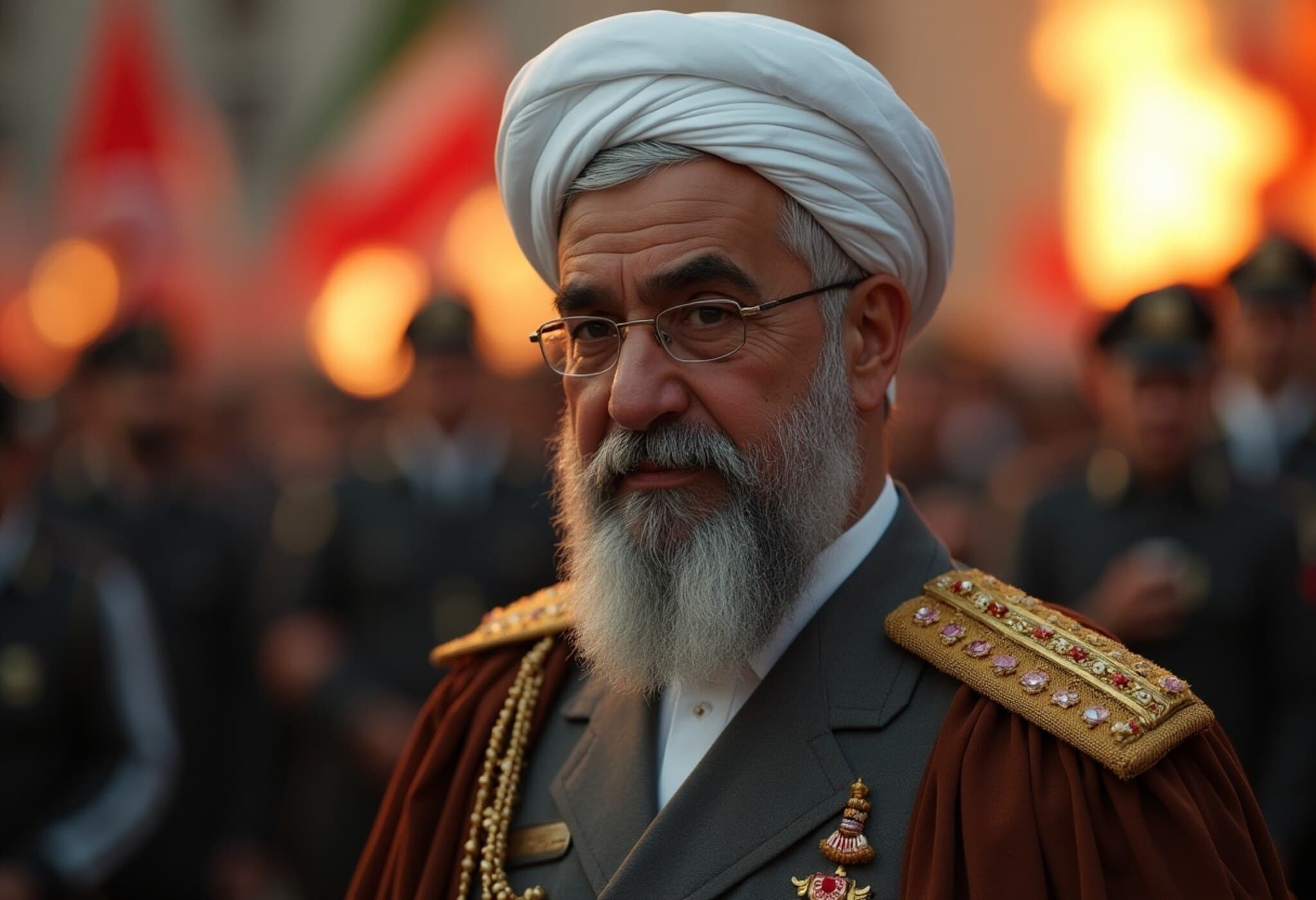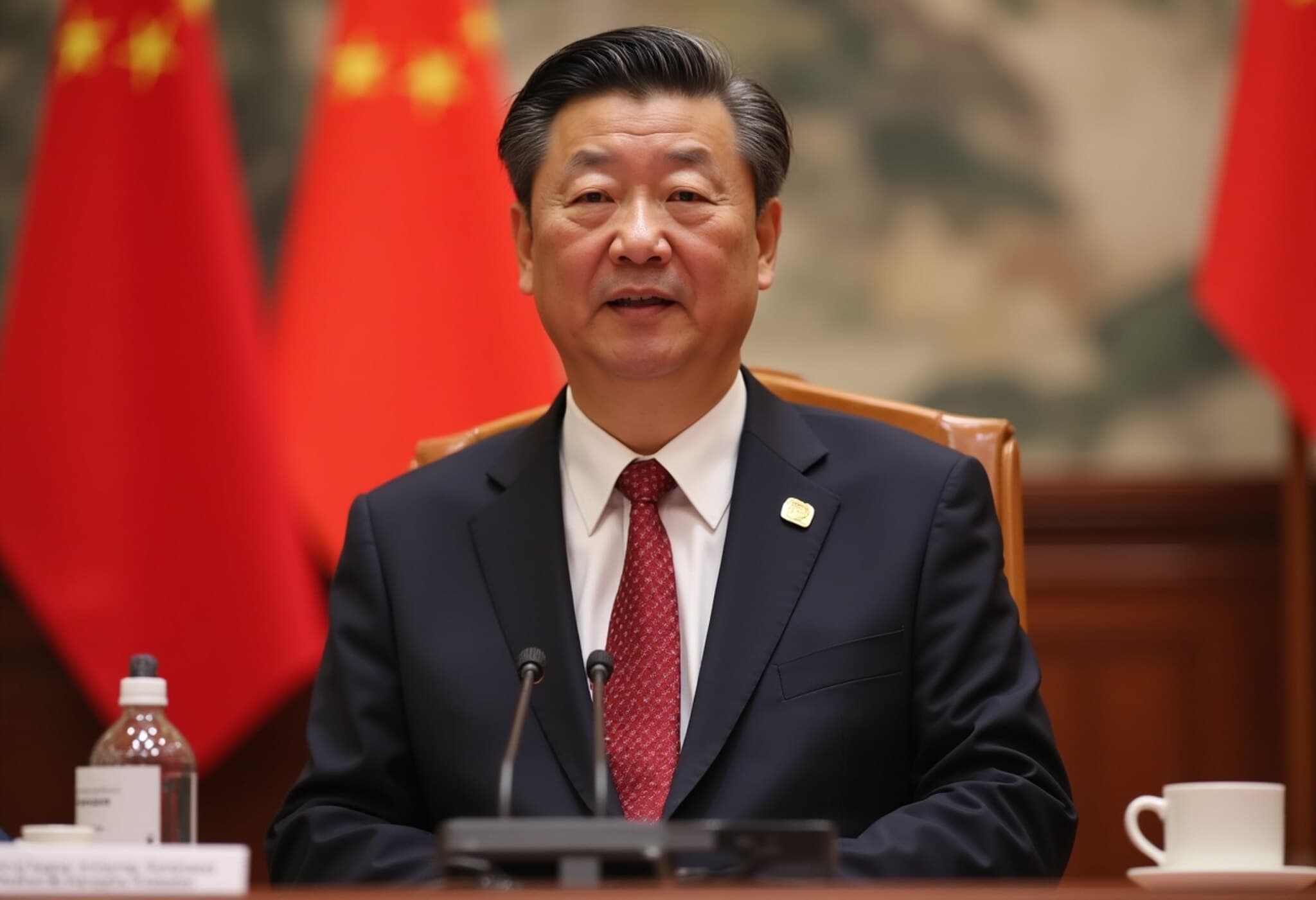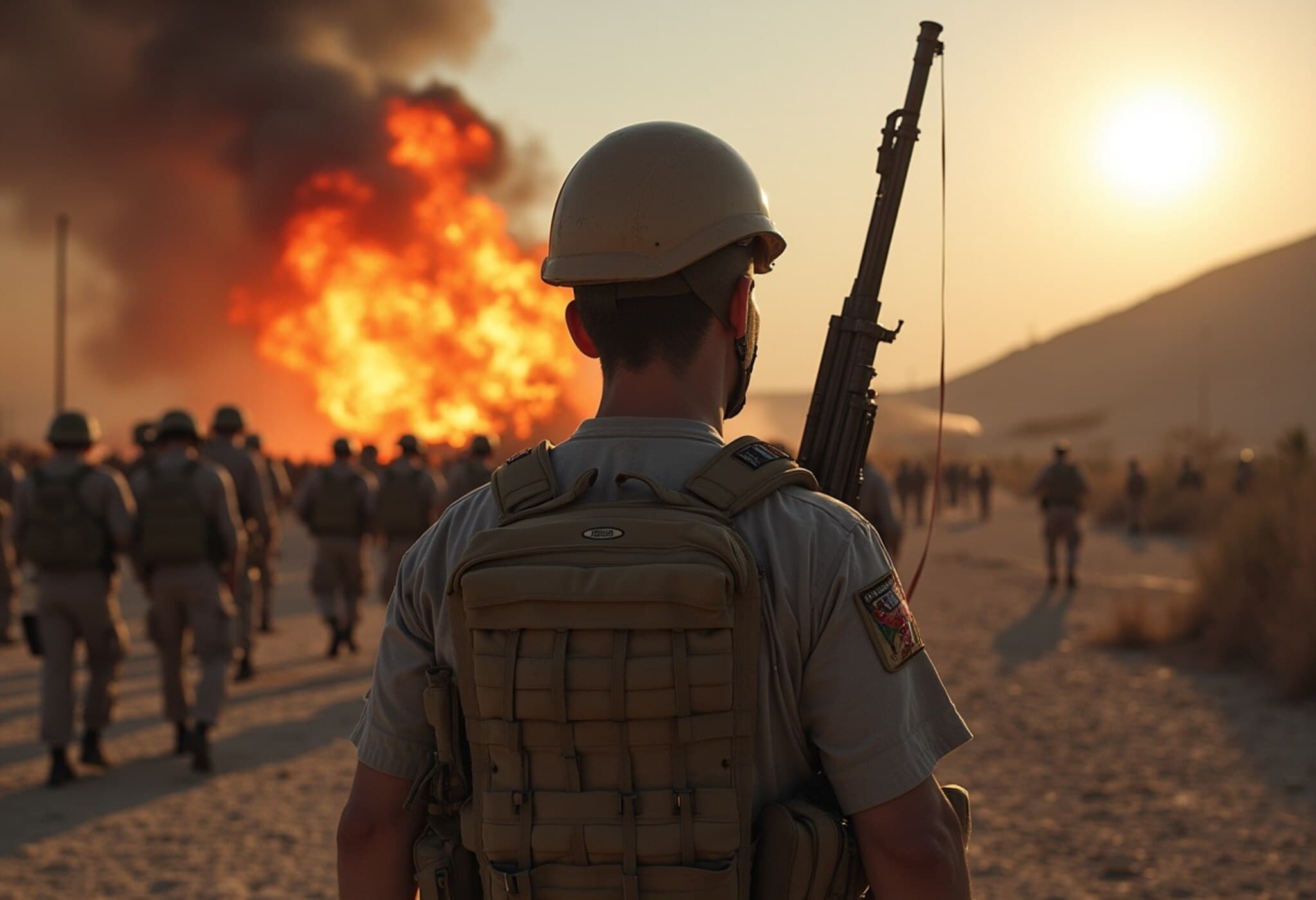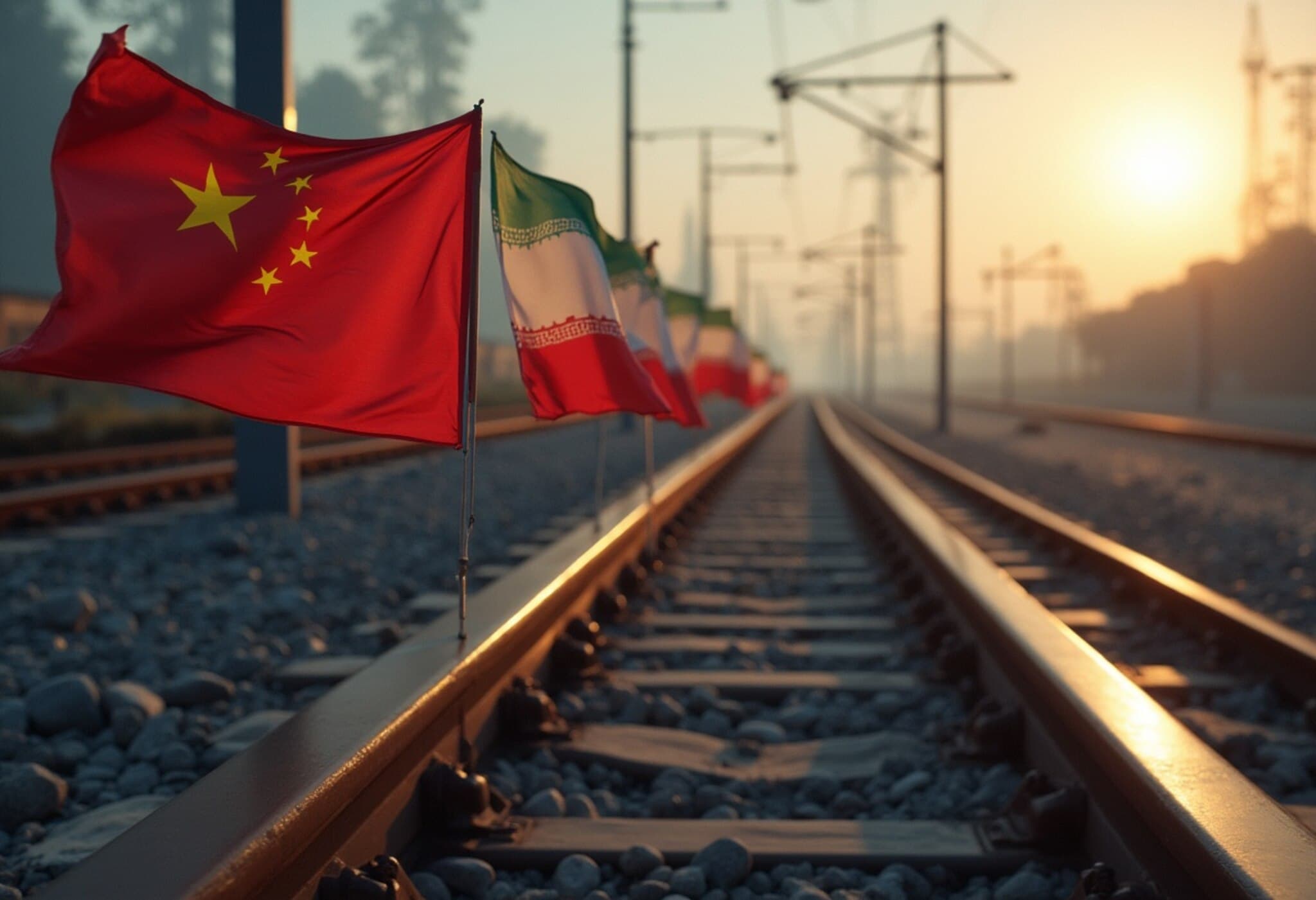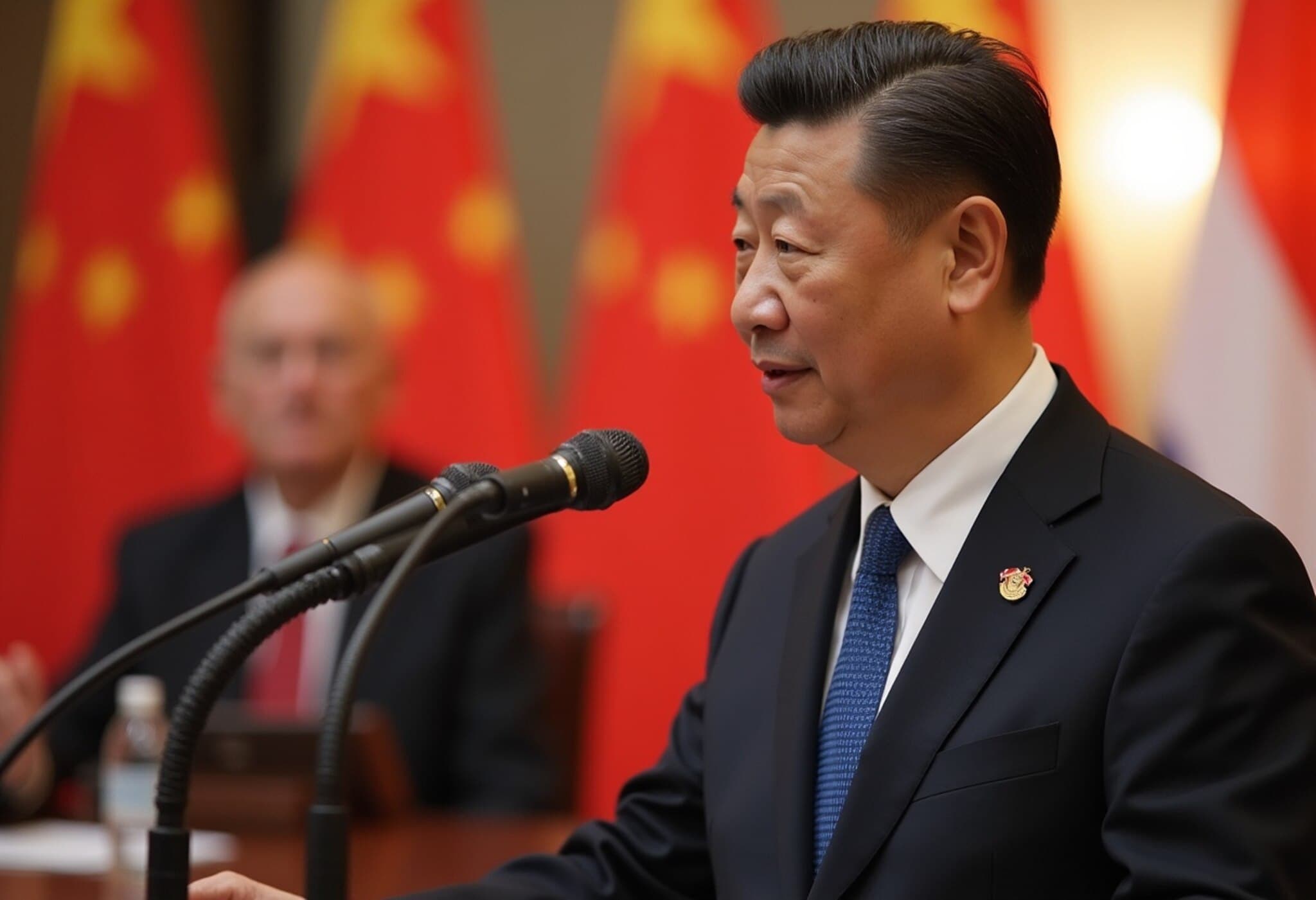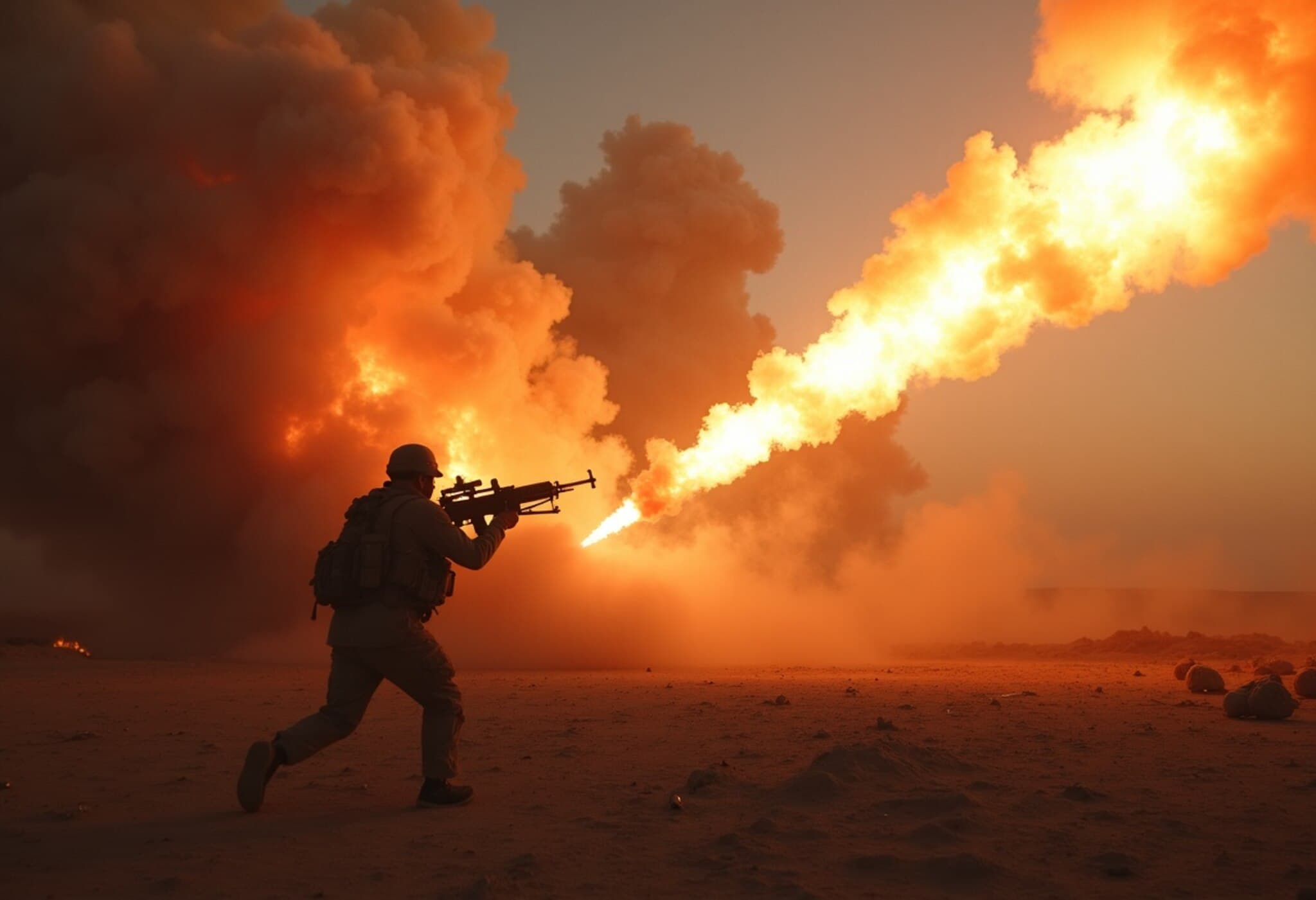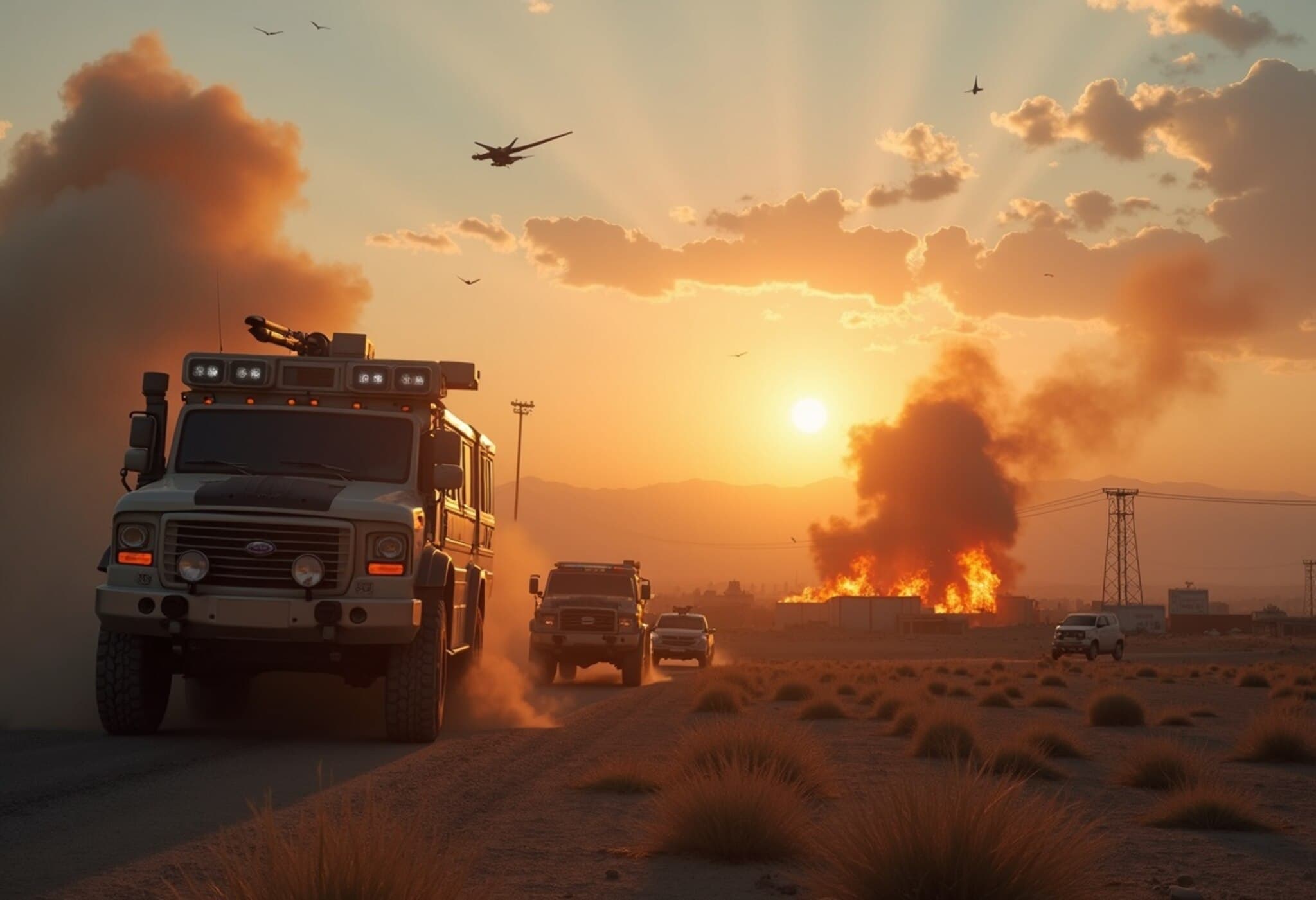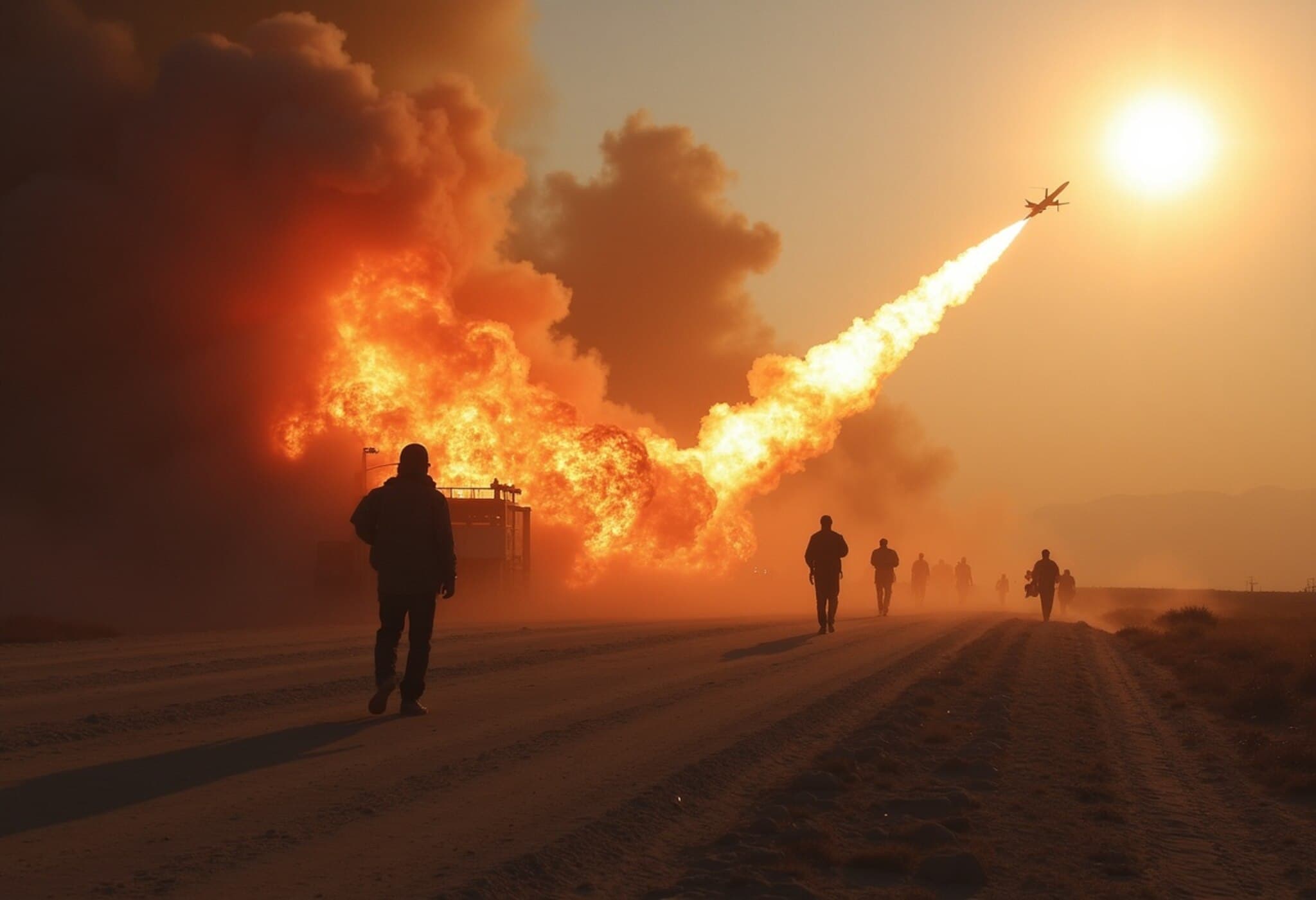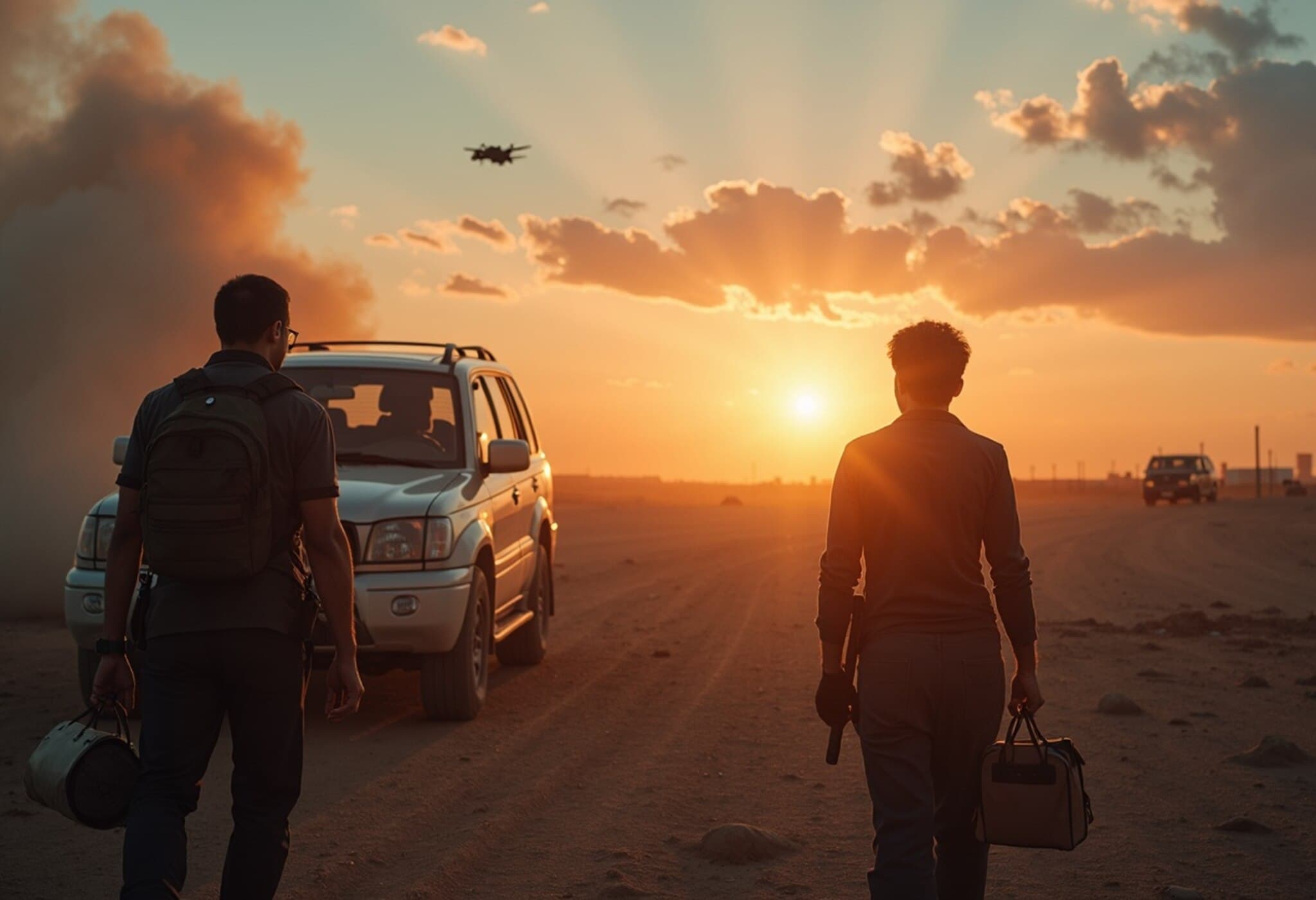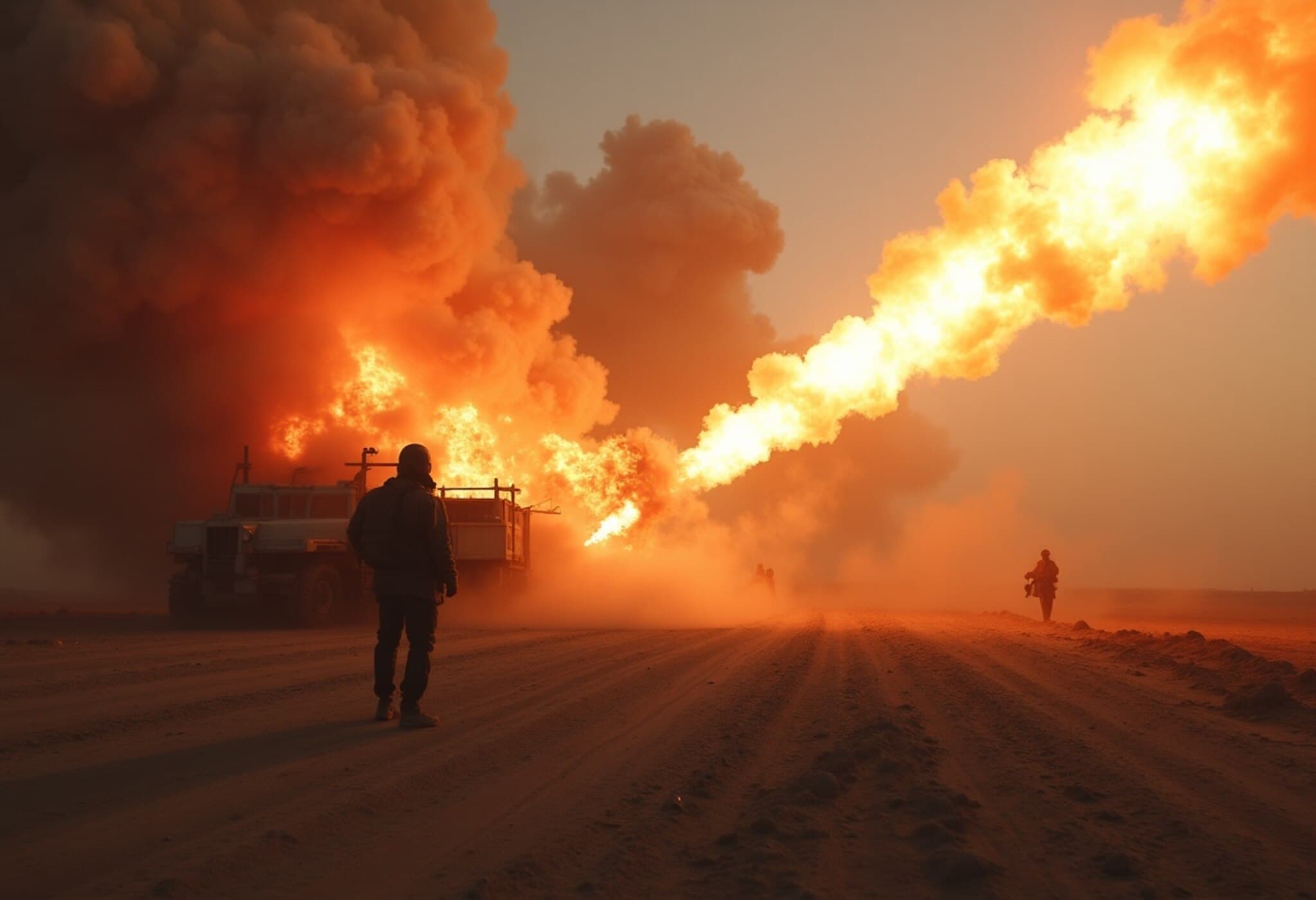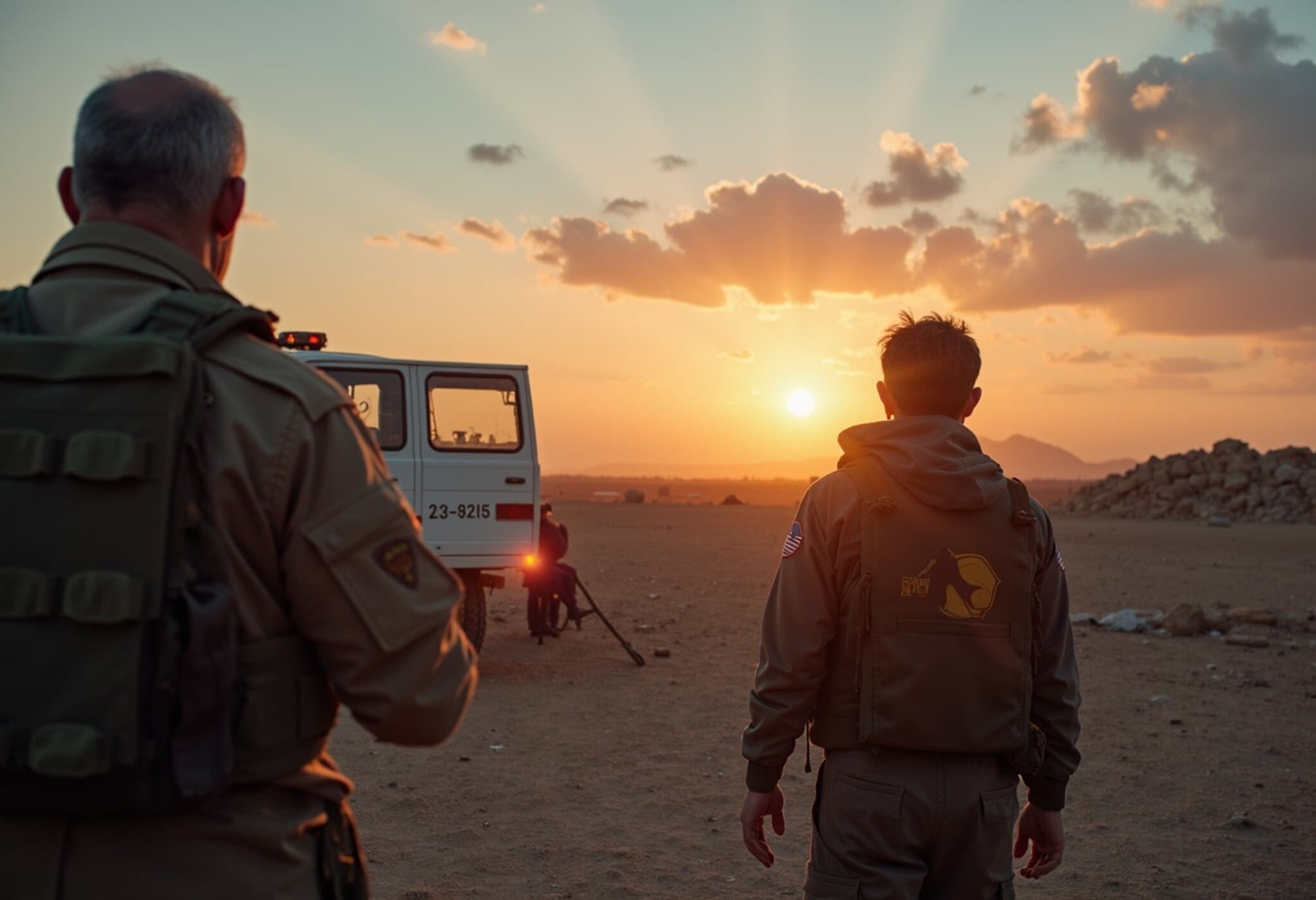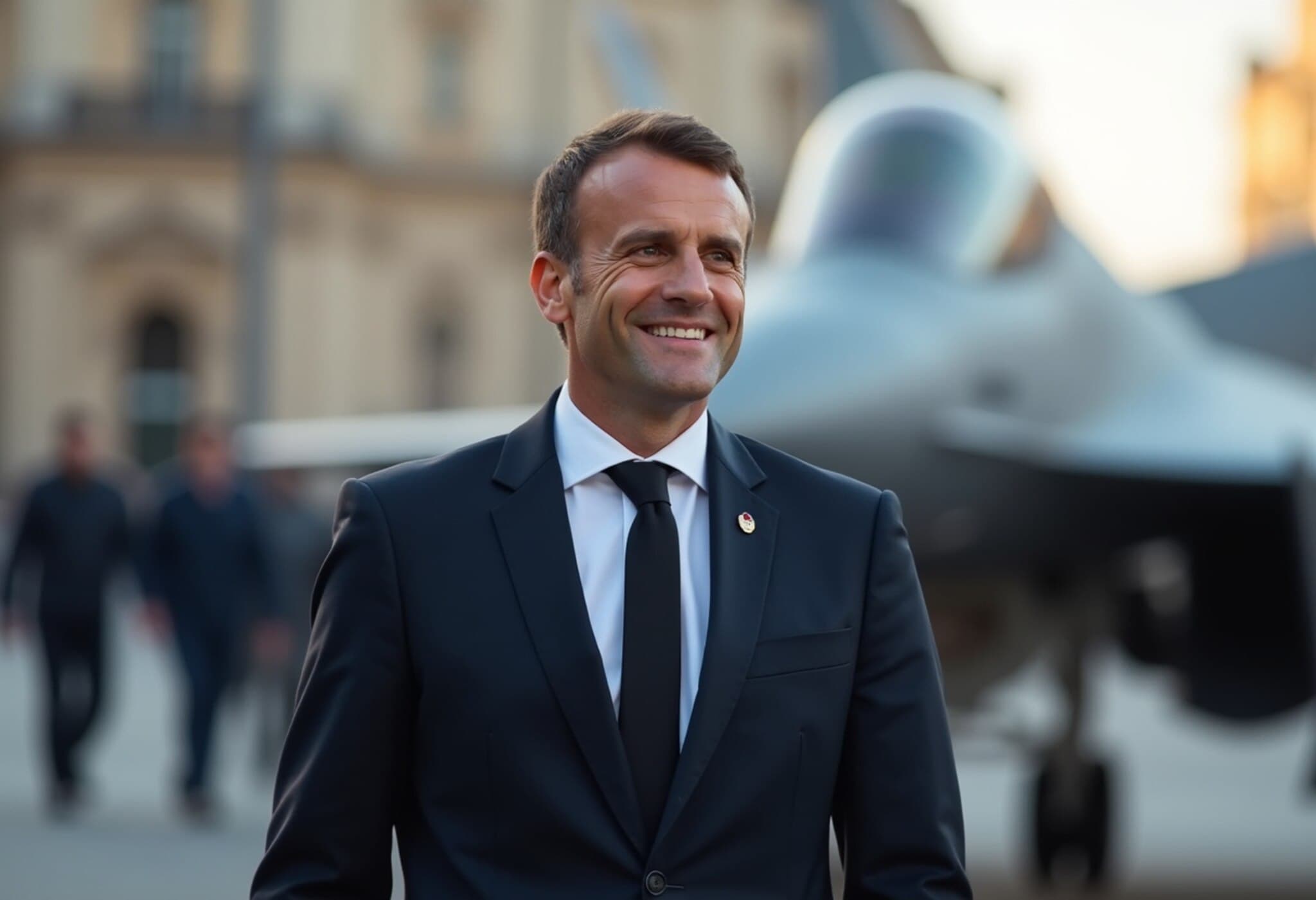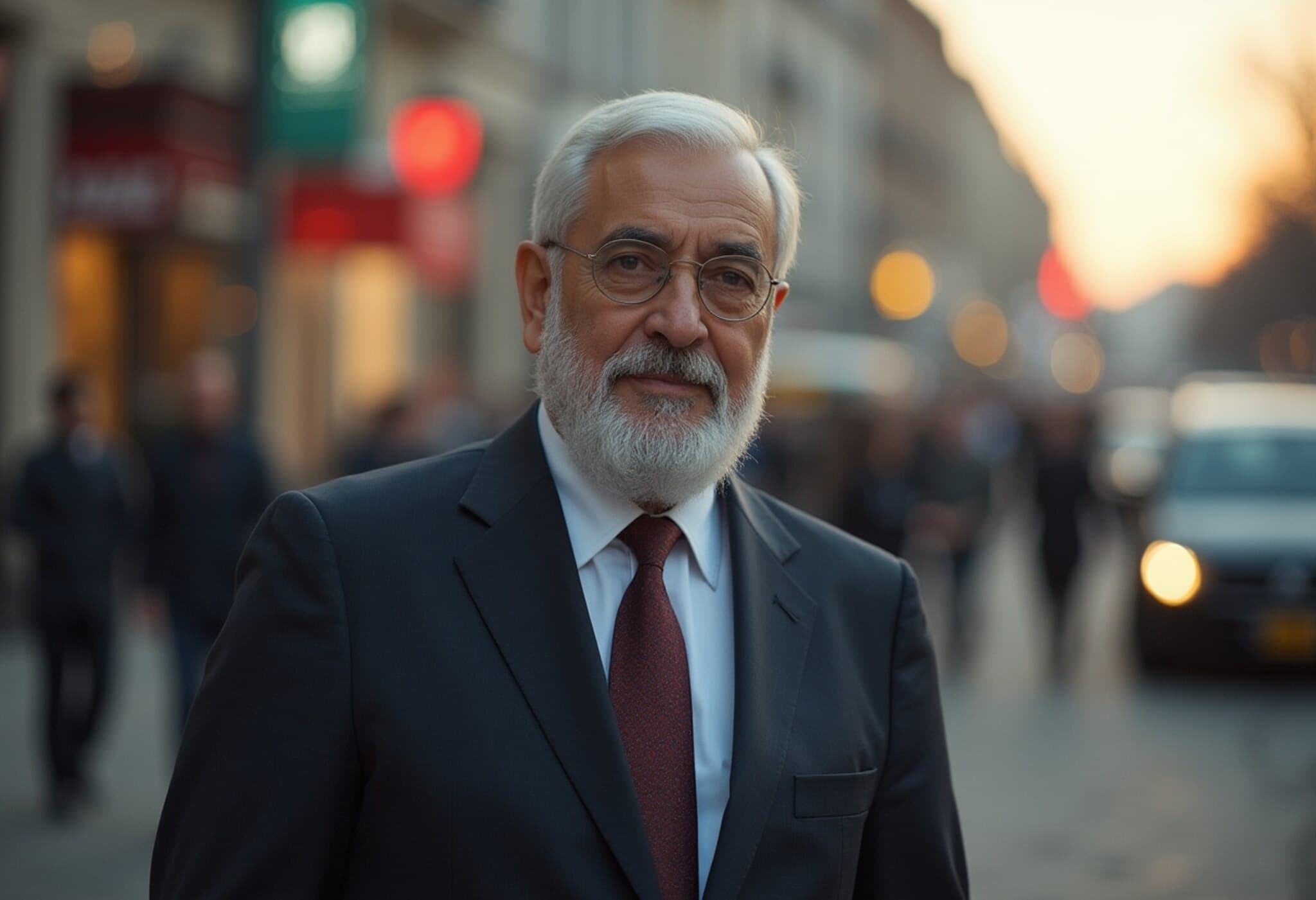The Strategic Significance of Fordow in the Iran-Israel Conflict
As tensions escalate between Iran and Israel, all eyes are fixed on Fordow, Iran’s deeply buried uranium enrichment facility. Housing nearly 2,000 operational centrifuges, Fordow produces uranium enriched to 60%—alarmingly close to the weapons-grade threshold of 90%. This proximity to weaponization makes the site a critical flashpoint in the regional conflict.
Located roughly 95 kilometers southwest of Tehran, Fordow is unlike any other Iranian nuclear site due to its unique construction. Nestled inside a mountain at a depth of approximately 260 to 300 feet, it is built to withstand conventional airstrikes, making it virtually impervious to Israel’s recent aerial assaults which have targeted other facilities but left Fordow untouched.
Why Fordow Remains a Tough Target
Experts emphasize that while typical airstrikes may temporarily disrupt operations on the surface, inflicting lasting damage to the centrifuge arrays and uranium stockpiles at Fordow requires a specialized approach. This would involve U.S. intervention with a unique arsenal: the GBU-57/B Massive Ordnance Penetrator, a 30,000-pound “bunker buster” bomb capable of penetrating over 200 feet of reinforced earth or concrete before detonation. Coupled with the stealth capabilities of the B-2 Spirit bomber, only the United States currently possesses the means to neutralize Fordow effectively.
Origins and Evolution of the Fordow Facility
Fordow’s construction began in late 2007 and became operational by 2009, when international intelligence agencies revealed its existence to the global community. This discovery prompted Iran to officially acknowledge the site. UN inspections later exposed an intricate network of tunnels, protected by thick walls and blast-proof doors, with some sections shielded by up to 300 feet of rock.
Under the 2015 Joint Comprehensive Plan of Action (JCPOA), Iran agreed to halt enrichment at Fordow and convert the site into a research center. However, after the United States withdrew from the agreement in 2018 and reinstated sanctions, Iran resumed uranium enrichment activities.
Recent reports indicate that Fordow produced approximately 166.6 kilograms of uranium enriched to 60% in the latest quarter alone — enough material that could be further enriched to produce about four nuclear weapons based on international assessments. Yet, the UN nuclear watchdog has not definitively confirmed whether Iran is pursuing a nuclear weapons program.
Fordow Amid Rising Military Escalations
Following Israeli strikes on other nuclear and military targets, including the Khondab Heavy Water Reactor, Iran announced plans to advance its nuclear program by constructing new facilities equipped with more sophisticated centrifuges. Concurrently, the International Atomic Energy Agency revealed undisclosed Iranian activities violating the JCPOA, potentially triggering renewed sanctions.
Iran’s nuclear ambitions have long been a point of contention. Israeli operations, under the banner of Operation Rising Lion, have targeted critical infrastructure and personnel linked to Iran’s nuclear and military establishments.
The Question of U.S. Involvement
As of late June 2025, Fordow remains intact, standing as the pivotal factor in whether the United States will escalate its role. The site’s sophisticated defense includes Iranian and Russian surface-to-air missile systems, although recent Israeli strikes may have compromised some of these protections, potentially paving the way for U.S. deployment of the bunker-busting bomb.
While there are approved plans within the U.S. military to strike Iran, final authorization hinges on Tehran’s willingness to halt its nuclear program. The U.S. leadership continues to debate this critical decision amid risks of intensifying the conflict.
On the Iranian side, officials categorically reject halting uranium enrichment, particularly after Israeli military actions. They also emphasize closer diplomatic engagement with European powers, showing reluctance to negotiate with Washington during ongoing hostilities.
Voices from Both Sides
Former political leaders in the U.S. have made unequivocal statements against Iran acquiring nuclear weapons, framing it as a national security imperative. Conversely, Iran’s highest authorities warn that any military strikes will have grave and irreversible consequences, asserting that Iran will not capitulate.
The unfolding standoff around Fordow continues to shape the delicate balance of power in the Middle East, where nuclear capability is both a deterrent and a catalyst for deeper conflict.

